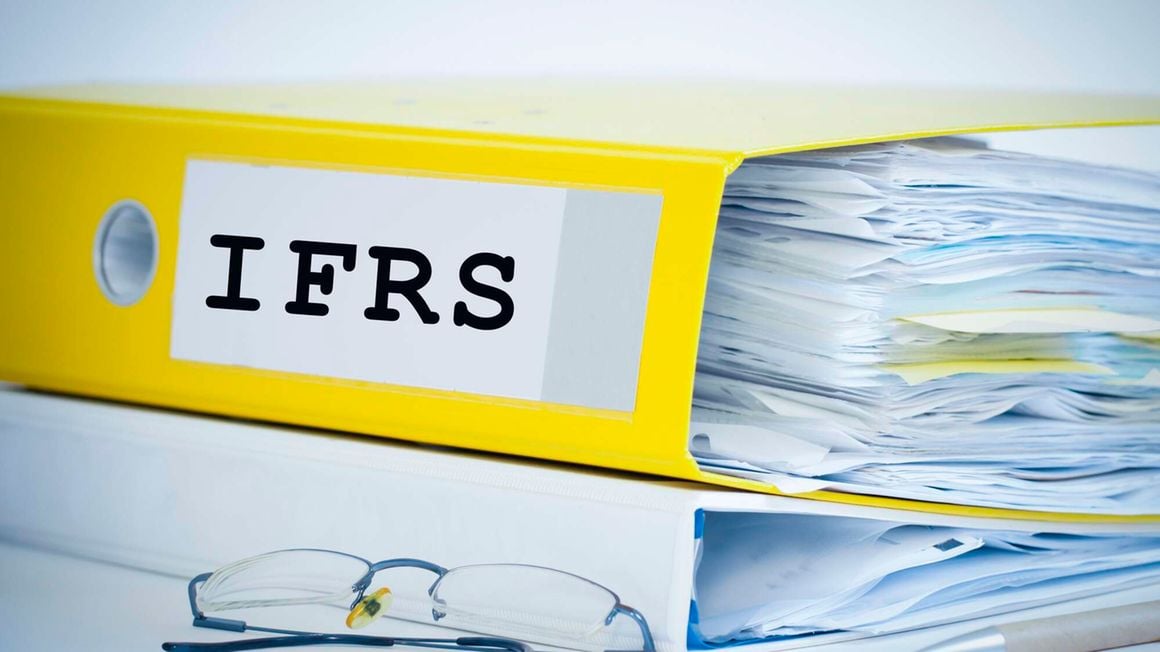
What insurers should expect in IFRS17 regime. PHOTO | POOL
The inaugural year of IFRS 17 implementation is now upon us. January 1 2023 is a date that has echoed in the insurance industry for the last few years.
One might expect that insurance companies, at least some, will open their 2023 books with IFRS 17 general ledger entries.
However, the reality in our region is far from it; there is much to be done by most insurers and the East African insurance industry at large to fully meet the requirements.
Boards and Senior management should carefully consider the issues discussed below to help steer their IFRS17 implementation in the right direction.
We share our thoughts based on the wealth of experience working with clients locally and from the learnings of our projects globally.
Given this is the year of implementation there is no room for inefficiencies or delays anymore.
It is critical to ensure that the right activities are prioritized, whilst allowing for the multiple interdependencies and critical resources that are working on your IFRS 17 project.
Individuals with IFRS 17 knowledge are limited and in high demand. We have witnessed musical chairs being played in the industry with significant movement of talent and intense headhunting.
It is imperative that you manage your internal resources effectively to allow for a smoother implementation journey.
It is also important to acknowledge that quarter one tends to be dominated by year-end and regulatory reporting work which puts additional pressure on key staff.
READ: Covid exposes one weakness of IFRS 9 accounting standard
It is no secret that there is heavy reliance on consultants to support the implementation of IFRS 17.
As a buyer of their services, you have every right to ask and ensure that your implementation partners will continue to provide you with dedicated resources.
Ultimately as a reporting standard, your auditor will need to sign off that you have met the requirements. So, if you’ve not engaged your auditor yet, the time to do so is now.
It is important to agree with your auditor on a plan for the audit work which aligns with your implementation.
Additionally, whether internally developed or externally procured, your IFRS 17 engine needs to be in place.
With the end in mind, the quicker you get to producing comparatives the faster you will understand the impact, be able to bring stakeholders along and appreciate the data and systems implications to the fullest.
Whether you have identified the right tool or not, two things remain critical: one, ensure the tool you procure is fit for purpose for your business and two, that the tool provider is accessible!
Your actuarial models will need to be updated to meet the new measurement requirements. In particular, the outputs from these models will form inputs to the IFRS 17 engine.
Some firms will have the capacity to update these internally, others will rely on consultants, and some have considered outsourcing this in the short to medium term.
Anyone deep into the IFRS 17 implementation will unanimously agree that data and systems are the pain and backbone of getting the implementation right.
Most, if not all, insurance companies have spent significant hours extracting, validating, and manipulating data to get IFRS 17 ready.
Given that this is our new way of reporting, systems upgrades, streamlining data processes and automation needs to be prioritized to allow for timely reporting in a business-as-usual context.
READ: Insurance bosses start accounting system training
A fundamental aspect of this preparation is how you communicate the impact of this transition to external stakeholders - investors and users of financial statements - with clarity and transparency.
For instance, on current regulatory reporting requirements, changes in accounting policies and significant judgments as well as the impact on KPIs.
IFRS 17 materially changes the entire financial statements including both the quantitative and qualitative disclosures. It is crucial that the disclosures are well thought out and designed as early in the year as possible (if not done so already).
Also, remember that your year-end 2022 financial statements will need to include IFRS 17-related disclosures to provide a narrative explaining the impact of the new standard.
We have seen with IFRS 17 globally, where companies that have advanced further have been spending more than originally planned.
Whilst we have the benefit of learning lessons from these advanced markets, it is important to remember that a project of this magnitude can readily demand more monetary resources.
The way to reign this in as much as possible is to ensure it is spearheaded by the right individual (s) in the organization and has effective oversight and governance over the project.
The end of 2023 will be the first full set of accounts we will look at on an IFRS 17 basis.
For many that are not far into their implementation journey, these will be cobbled together like a patchwork solution to meet the requirements.
Others that started early and have dedicated resources will do much better.
Either way, we do expect there will be IFRS 17 post-implementation work that will carry on for the coming few years as we fully appreciate the standard and bed it down across the industry.
The writers, Gauri Shah, Associate Director and Judy Manshau, Senior Manager are from PwC’s Kenya Actuarial team.

No comments:
Post a Comment